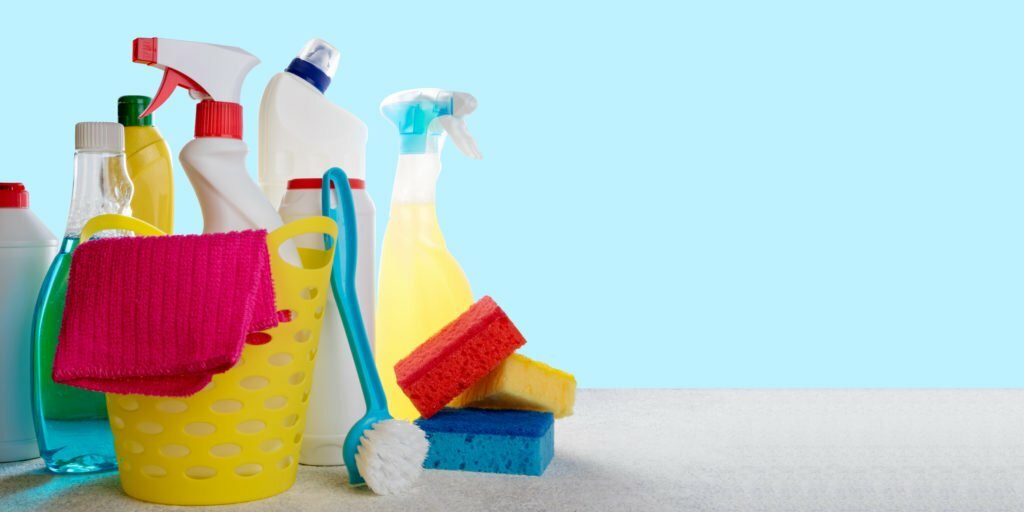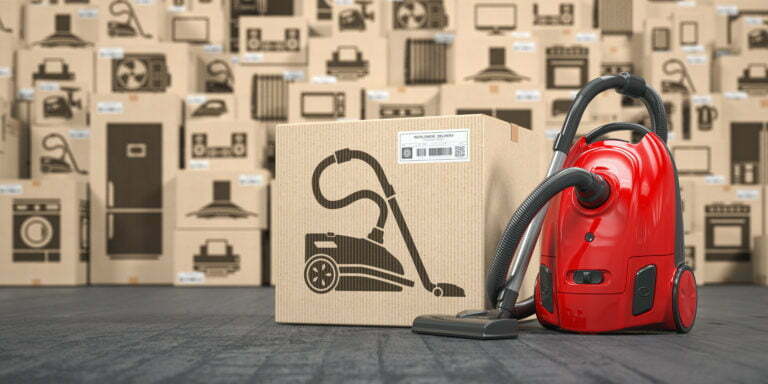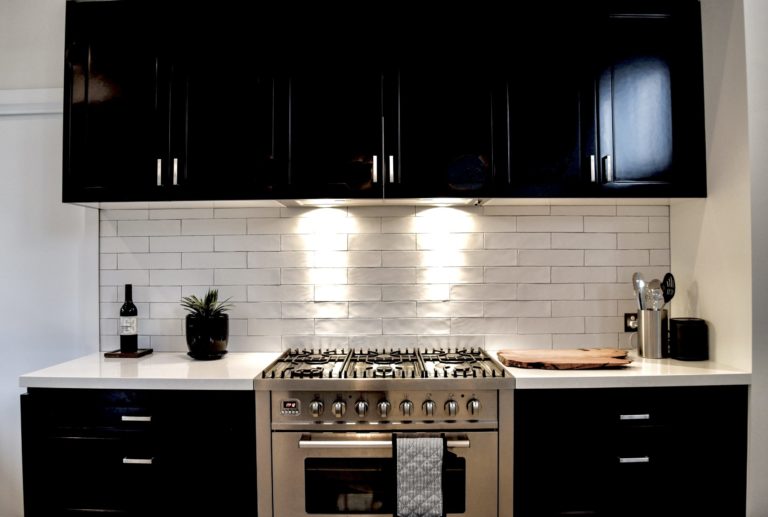If you’re like most people, you probably don’t think about your home’s air ducts very often. The fact is, your air ducts play a major role in your comfort at home. Dirty ducts can have a negative impact on your quality of life, which is why every homeowner should make regular duct cleaning a priority. However, it can be difficult to know when to clean your ducts or how often to do so, particularly if you’ve never been responsible for HVAC maintenance before. If you need more information, keep reading to learn about some of the signs that your air ducts need cleaning.
What are some signs that your air ducts need cleaning?
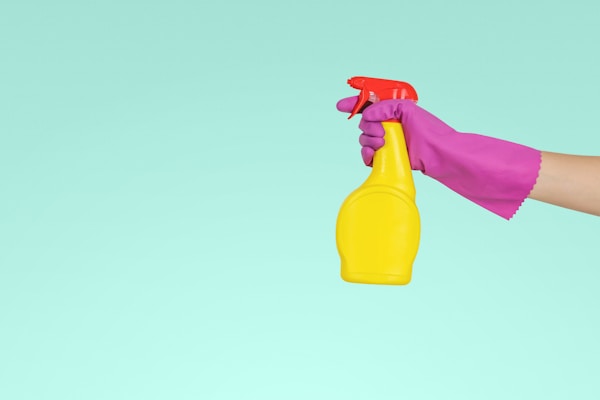
There are a number of signs that you have dirty air ducts. One of the most common is an increased presence of dirt and debris in your home. You may notice a decrease in the quality of the air in your home or a feeling that your home is dustier or dirtier than usual. Allergy symptoms that get significantly worse can be a red flag, especially if you have pets. If your HVAC system isn’t filtering allergens out of your indoor air, it’s likely to be an issue with a clogged filter or a buildup of some type of dirt. Either way, a duct cleaning will resolve the issue and ensure that your HVAC system is in good working order again.
Suspiciously high energy bills could indicate that you need a duct cleaning. Ducts collect a lot of dust and debris over time, and this can impede airflow and cause your HVAC system to work harder than it should. A duct cleaning will remove all of this, and it can also help to improve your home’s air quality. If you’re concerned about your energy bills, or if you’re noticing that your HVAC system isn’t working as well as it used to, it may be time to invest in a duct cleaning.
Remember that proper HVAC maintenance is the most effective way you can protect your system and extend its lifespan. Your air filter should be changed at least once every 90 days, though many homeowners opt to change theirs on a monthly basis to ensure peak performance. The unit itself should also be inspected annually, in order to catch any problems before they worsen and lead to a breakdown.
How else can you improve your indoor air quality?
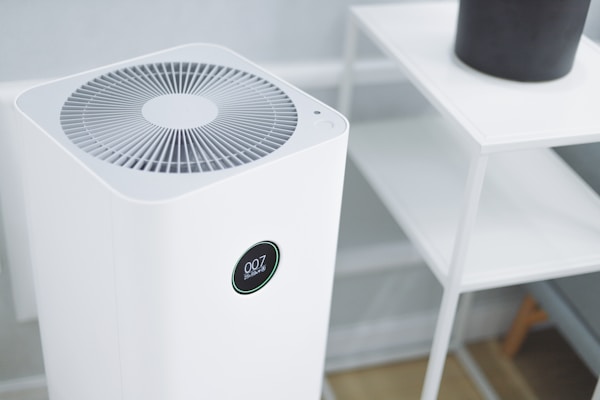
First, it would be helpful to know what indoor air quality is so important. There are many potential problems that can be caused by indoor air pollution. The most common health issues that arise are respiratory, such as asthma, allergies, and COPD. These conditions can be caused by exposure to particles in the air, such as dust, smoke, and fumes. Other health conditions that have been linked to indoor air pollution include coronary artery disease, emphysema, strokes, and even some types of cancer. In extreme cases, indoor air pollution can even lead to death. That’s why every homeowner needs to invest in a quality HVAC system and take steps to keep their indoor air clean.
There are many ways to improve indoor air quality, but some are more effective than others. For one, avoid using harsh chemicals and cleaners. Harsh chemicals can release pollutants into the air, and can cause asthma and other respiratory issues. Instead, use natural cleaners that are less harmful to the environment. Experts also recommend vacuuming at least once a week with a vacuum that has a HEPA filter, in addition to taking care of indoor clutter as it can often trap dirt, dust, and allergens.
It’s clear that homeowners need to clean and maintain their HVAC systems if they want to remain comfortable and safe at home. Neglecting to do so can lead to a variety of problems, from discomfort to a shortened lifespan for your equipment. Poor indoor air quality can even lead to negative consequences for your health, some incredibly serious. Fortunately, there is a lot you can do to protect your home and improve your air quality. If you want to do so, you’ll need to be proactive about regular duct cleaning for your HVAC.

